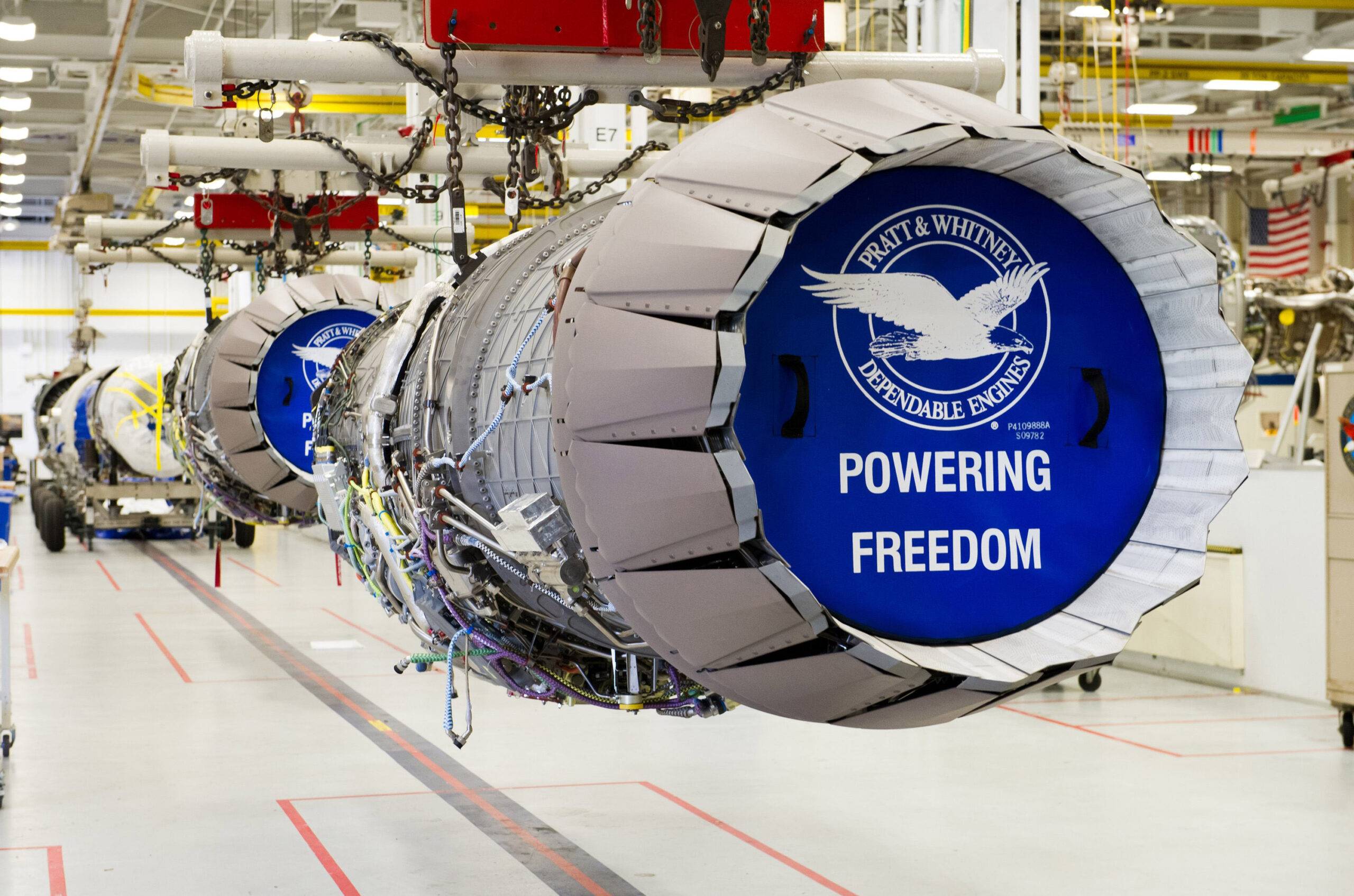Pratt & Whitney, a division of United Technologies Corp, revealed the industrialisation of the use of 3D-printing for an aero-engine component – a first in the maintenance, repair and overhaul (MRO) of commercial engines.
The 3D-printed part is projected to be part of the repair process by mid-2020 at Pratt & Whitney’s repair specialist in Singapore, Component Aerospace Singapore, said a statement.
This innovative approach was the result of an integrative effort between Pratt & Whitney’s engineering experts, its repair specialist Component Aerospace Singapore, in collaboration with the Land Systems arm of ST Engineering, to deliver faster and flexible repair solutions to support Pratt & Whitney engines.
The 3D-printed aero-engine component taps the production-level 3D capabilities at ST Engineering and strong domain knowledge in metal printing via a controlled process operationalized by Pratt & Whitney.
This 3D printed part will first be used in a fuel system component on one of Pratt & Whitney’s engine models. The alternative material solution offers an added advantage of reducing dependency on current material supply from conventional fabrication processes such as forging and casting.
Brendon McWilliam, executive director, Aftermarket Operations, Asia Pacific, said: “Thanks to the out-of-the-box thinking by our employees at Component Aerospace Singapore, we are now another step closer to scaling the technology to meet our growing aftermarket operations, and industrializing 3D printing for the industry.”
“This groundbreaking innovation is part of the wider technology roadmap by Pratt & Whitney to introduce advanced technologies that integrate artificial intelligence (AI), robotics and automation across our operations as part of our digital transformation,” he said.
“We are well-placed to better meet today’s demands and anticipate tomorrow’s customer needs, without compromising our high standards of quality and reliability,” he added.
The premise of additive manufacturing or 3D printing is built on the ability to produce parts on demand and to complex specifications. This adaptability in design and scalability to real-time quantity needs is provided by additive manufacturing and is transformative for the MRO sector at large.
Chin-Huat Sia, principal engineer, Component Aerospace Singapore, said: “3D printing will be a game-changer for the MRO industry worldwide, especially in servicing even more commercial engines.”
“This technology enables greater flexibility in our inventory management. Following this trailblazing initiative, both Pratt & Whitney and ST Engineering will examine how additive manufacturing can be applied for other aviation components and other engine types, and further developed to enable hybrid repairs and realize the full potential of 3D printing for commercial aftermarket operations,” he added.
Leveraging its technical expertise, Pratt & Whitney’s engineering team extended ST Engineering’s application of the 3D-printing methods for ground transport systems to produce the aero-engine component for the Pratt & Whitney engine. Both organisations worked closely to ensure that in-house quality and process systems are certified to Pratt & Whitney’s requirements for aftermarket applications.
Due to the novelty of the idea, the technical data underpinning the authorized use of the 3D-printed metallic detail in repair, was completed after several rounds of rigorous reviews and discussions. The subsequent dataset was a result of a comprehensive review of the data by all three parties collaboratively, in the course of exploring the requirements and limitations of existing aviation regulations and 3D printers at ST Engineering.
Tan Chor Kiat, senior vice president, Kinetics Design & Manufacturing, ST Engineering, said: “To 3D print an aero-engine component for a working air turbine engine is a first for us. This also demonstrates our advanced capability to offer a full turnkey manufacturing solution which not only includes production-level 3D printing, but also post processes such as heat treatment and machining.”
“Our customers expect high standards of quality from us. For this project, we are able to deliver an aerospace component that meets not only the high quality standards required, but also the stringent requirements by the aviation authorities,” he added.
ST Engineering has been providing full turnkey manufacturing and engineering services for more than 10 years, offering a range of services from core processes to Nadcap-approved special processes to OEMs and companies from industries such as aerospace, oil and gas and precision engineering.
Pratt & Whitney’s Component Aerospace Singapore is a repair specialist providing engine part repair for combustion chambers, fuel system components, tubes, ducts and manifolds for the V2500 and PW4000 engines, it stated.



